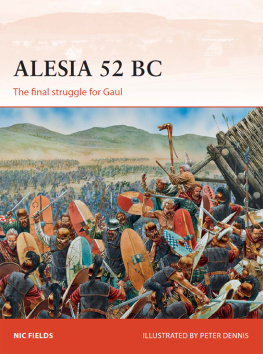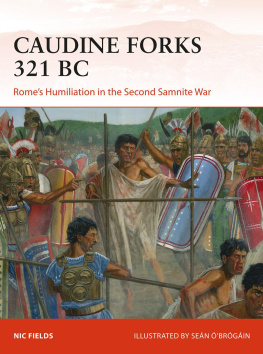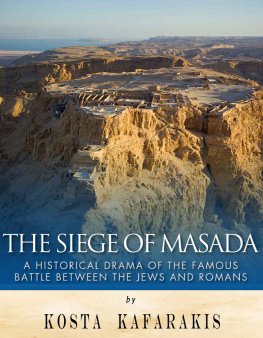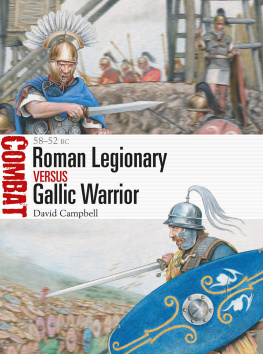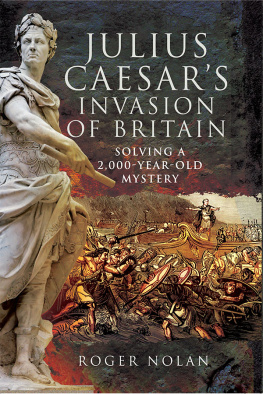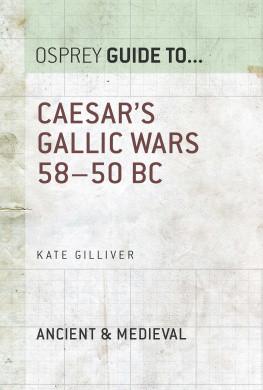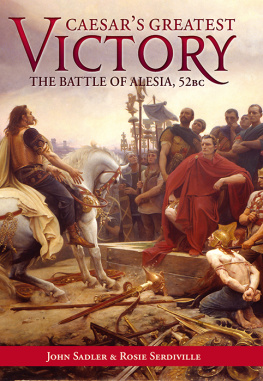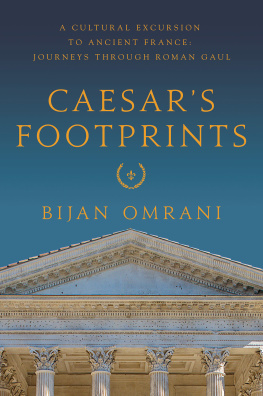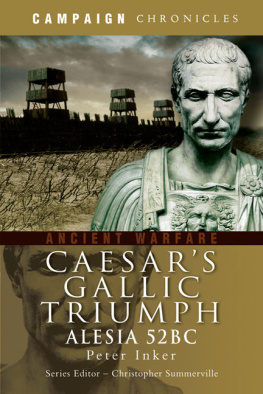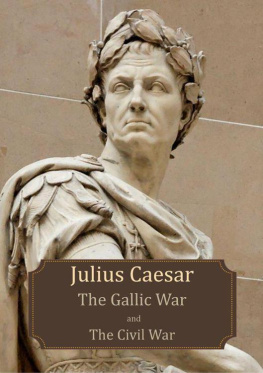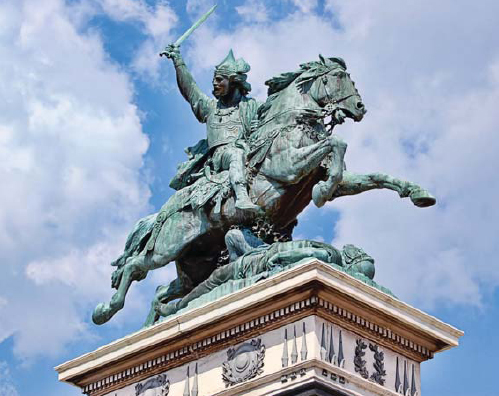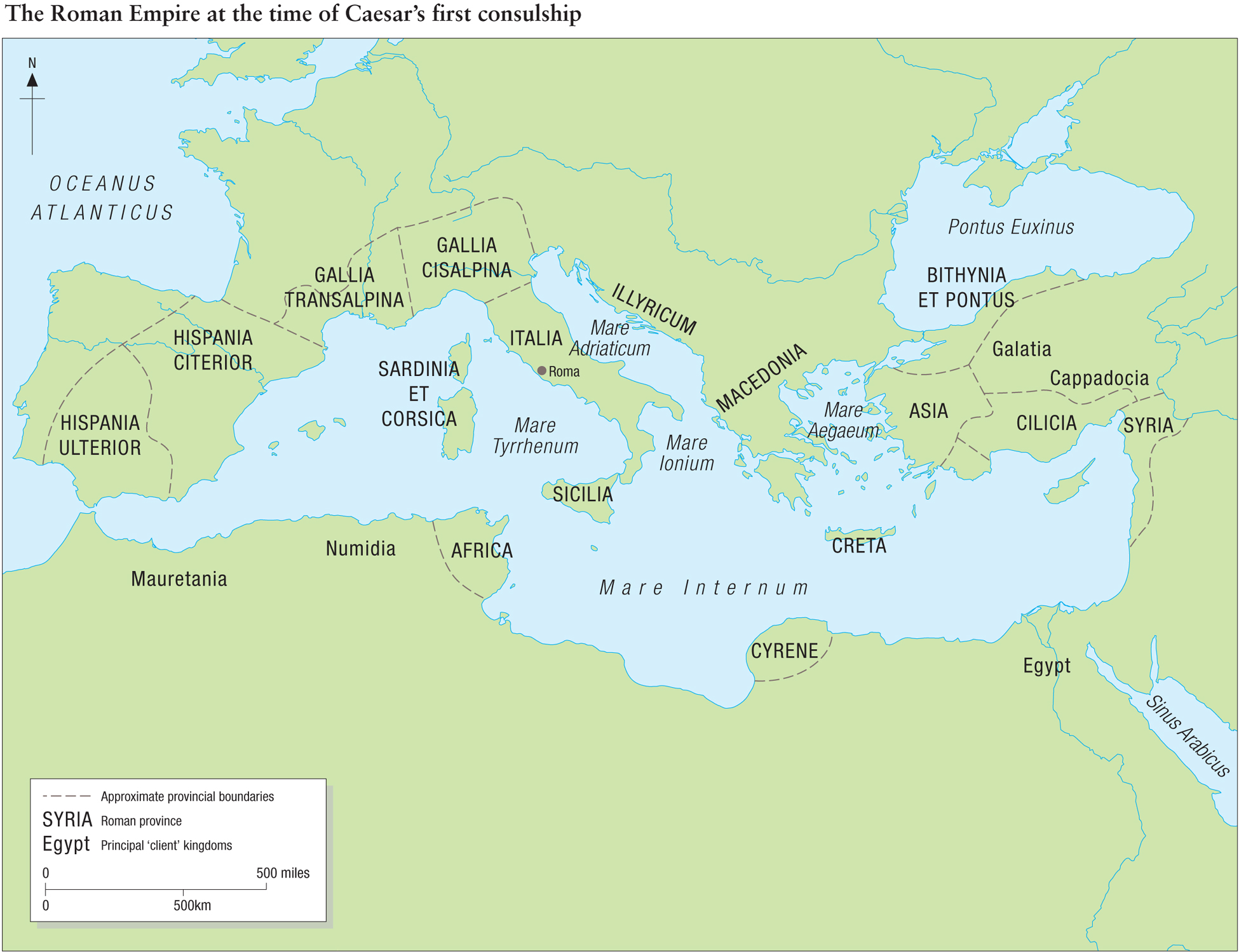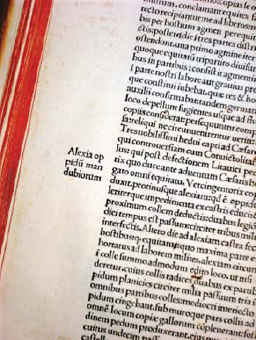Nic Fields - Alesia 52 BC: The final struggle for Gaul
Here you can read online Nic Fields - Alesia 52 BC: The final struggle for Gaul full text of the book (entire story) in english for free. Download pdf and epub, get meaning, cover and reviews about this ebook. year: 2014, publisher: Osprey Publishing, genre: History. Description of the work, (preface) as well as reviews are available. Best literature library LitArk.com created for fans of good reading and offers a wide selection of genres:
Romance novel
Science fiction
Adventure
Detective
Science
History
Home and family
Prose
Art
Politics
Computer
Non-fiction
Religion
Business
Children
Humor
Choose a favorite category and find really read worthwhile books. Enjoy immersion in the world of imagination, feel the emotions of the characters or learn something new for yourself, make an fascinating discovery.
- Book:Alesia 52 BC: The final struggle for Gaul
- Author:
- Publisher:Osprey Publishing
- Genre:
- Year:2014
- Rating:3 / 5
- Favourites:Add to favourites
- Your mark:
Alesia 52 BC: The final struggle for Gaul: summary, description and annotation
We offer to read an annotation, description, summary or preface (depends on what the author of the book "Alesia 52 BC: The final struggle for Gaul" wrote himself). If you haven't found the necessary information about the book — write in the comments, we will try to find it.
In 52 BC, Caesars continued strategy of annihilation had engendered a spirit of desperation, which detonated into a revolt of Gallic tribes under the leadership of the charismatic, young, Arvernian noble, Vercingetorix. Though the Gallic people shared a common language and culture, forging a coalition amongst the fiercely independent tribes was a virtually impossible feat, and it was a tribute to Vercingetorixs personality and skill.
Initially Vercingetorixs strategy was to draw the Romans into pitched battle. Vercingetorix was soundly beaten in the open field battle against Caesar at Noviodunum, followed by the Roman sack of Avaricum. However, the action that followed at Gergovia amounted to the most serious reverse that Caesar faced in the whole of the Gallic War. Vercingetorix began a canny policy of small war and defensive maneuvers, which gravely hampered Caesars movements by cutting off his supplies. For Caesar it was to be a grim summertime - his whole Gallic enterprise faced liquidation.
In the event, by brilliant leadership, force of arms, and occasionally sheer luck, Caesar succeeded. This culminated in the siege of Alesia (north of Dijon), which Caesar himself brilliantly narrates (Bellum Gallicum 7.68-89). With his 80,000 warriors and 1,500 horsemen entrenched atop a mesa at Alesia, the star-crossed Vercingetorix believed Alesia was unassailable. Commanding less than 50,000 legionaries and assorted auxiliaries, Caesar nevertheless began the siege. Vercingetorix then dispatched his cavalry to rally reinforcements from across Gaul, and in turn Caesar constructed a contravallation and circumvallation, a double wall of fortifications around Alesia facing toward and away from the oppidum. When the Gallic relief army arrived, the Romans faced the warriors in Alesia plus an alleged 250,000 warriors and 8,000 horsemen attacking from without. Caesar adroitly employed his interior lines, his fortifications, and the greater training and discipline of his men to offset the Gallic advantage, but after two days of heavy fighting, his army was pressed to the breaking point. On the third day, the Gauls, equipped with fascines, scaling ladders and grappling hooks, captured the northwestern angle of the circumvallation, which formed a crucial point in the Roman siege works. In desperation, Caesar personally led the last of his reserves in a do-or-die counterattack, and when his Germanic horsemen outflanked the Gauls and took them in the rear, the battle decisively turned. The mighty relief army was repulsed.
Vercingetorix finally admitted defeat, and the entire force surrendered the next day. Alesia was to be the last significant resistance to Roman will in Gaul. It involved virtually every Gallic tribe in a disastrous defeat, and there were enough captives for each legionary to be awarded one to sell as a slave. In a very real sense Alesia symbolized the extinction of Gallic liberty. Rebellions would come and go, but never again would a Gallic warlord independent of Rome hold sway over the Celts of Gaul.
Nic Fields: author's other books
Who wrote Alesia 52 BC: The final struggle for Gaul? Find out the surname, the name of the author of the book and a list of all author's works by series.

